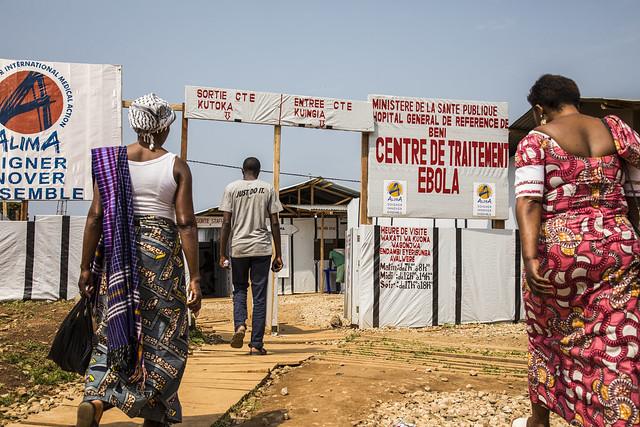
The beat
Crackdown on Calabrian mafia across the world
Canadian and Italian police have simultaneously cracked down on mafiosi from the infamous Calabrian group ’Ndrangheta. In Canada, police arrested nine suspected members for a money-laundering operation through casinos which had processed C$70 million (A$76 million), and 12 suspected members were arrested in Italy.
Troops deployed in South Africa to tackle crime
The South African Defence Force has been deployed in Cape Town to support police in attempting to restore order in high-crime areas of the city. The operation will take at least three months. Commentators query whether these operations actually reduce the crime rate in the long term and argue that they should be used to allow government agencies and support services to intervene in these vulnerable areas.
Careless crook crashes into police cars in Sydney
Police in Sydney have seized 273 kilograms of methamphetamine from a van after the driver crashed it into two parked police cars earlier this week. Needless to say, police labelled it ‘one of the easiest drug busts NSW police have ever made’. The man’s bad luck hasn’t ended yet—he was refused bail the next day.
Checkpoint
Timor-Leste votes to ratify maritime border treaty
Timor-Leste’s parliament has decided by 42 votes to 23 to ratify a maritime border treaty with Australia after a long dispute over the Greater Sunrise gas fields beneath the Timor Sea. The treaty is expected to be ratified when Australian Prime Minister Scott Morrison visits Timor-Leste in late August. It gives Timor a greater share of revenue from the Greater Sunrise gas project.
European Commission president proposes carbon border tax
The new president of the European Commission has proposed a ‘carbon border tax’ between European countries to avoid ‘carbon leakage’, or the relocation of carbon-intensive industrial activity to non-EU countries. The tax was presented as part of Ursula von der Leyen’s ‘green deal’ for Europe, which involves introducing legislation designed to make Europe carbon neutral by 2050.
Turkish sailors kidnapped in Gulf of Guinea
Turkish sailors have been kidnapped off the coast of Nigeria. The Turkish-flagged Paksoy-1 was sailing from Cameroon to the Ivory Coast when it was boarded by 12 heavily armed pirates in the Gulf of Guinea. The ship wasn’t carrying freight, and eight of the 18 crew members were able to escape. The Gulf of Guinea has been named by the International Marine Bureau as the most dangerous area in the world for piracy.
CT scan
‘Anti-terrorism’ drills conducted on Hong Kong border
The Chinese army recently held ‘anti-terrorism’ drills near the Hong Kong border, according to its 74th Army Group in a Weibo post that was later removed. The reported exercise comes after protestors vandalised China’s liaison office in Hong Kong and police made what is believed to be the largest seizure of explosives in Hong Kong’s history. The drills were reportedly to increase readiness in case of an ‘emergency.’
Foreign terrorists training militants in southern Philippines
Philippine security officials confirmed on Tuesday that at least seven foreign Islamist extremists were training militants for suicide attacks in the southern island of Mindanao. The head of the Philippine military’s Western Mindanao Command, Lieutenant-General Cirilito Sobejana, told reporters that the foreign terrorists aided in what was believed to be the first-ever suicide attack carried out by a Filipino. The foreigners have been associated with the Abu Sayyaf Group and the Bangsamoro Islamic Freedom Fighters.
Indian government introduces new counterterrorism bill
A bill tabled in India’s parliament would make it easier for the government to confiscate terrorists’ property. Under the current regime, India’s anti-terrorist agency—the National Investigation Agency—needs permission from states before confiscating property, an added layer of bureaucracy. This bill would also make it easier to designate individuals and groups as terrorists.
First responder
Australian firefighting techniques to be used in California
New nighttime aerial firefighting techniques and processes developed by Australian firefighting crews in Ballarat, Victoria, over the summer are going to be used in California during its wildfire season. New technology will mean that helicopters won’t have to land to pick up water at night, speeding up the firefighting process.
Time for a tech-driven approach to climate change
A new research paper has highlighted how artificial intelligence can be employed to better understand and track climate change. The research offers 13 different ways AI and machine learning can be used to gather and process huge amounts of information to build better climate models, to create interactive apps which demonstrate the effects of climate change, and to map and measure the release of carbon into the atmosphere.
Ebola declared international emergency
An outbreak of Ebola in the Democratic Republic of the Congo has been declared an international health emergency by the World Health Organization. This outbreak has been going on for more than a year. The WHO declaration paves the way for greater international attention and assistance, which will hopefully bring the crisis to an end. The country’s health minister has resigned over the handling of the outbreak.